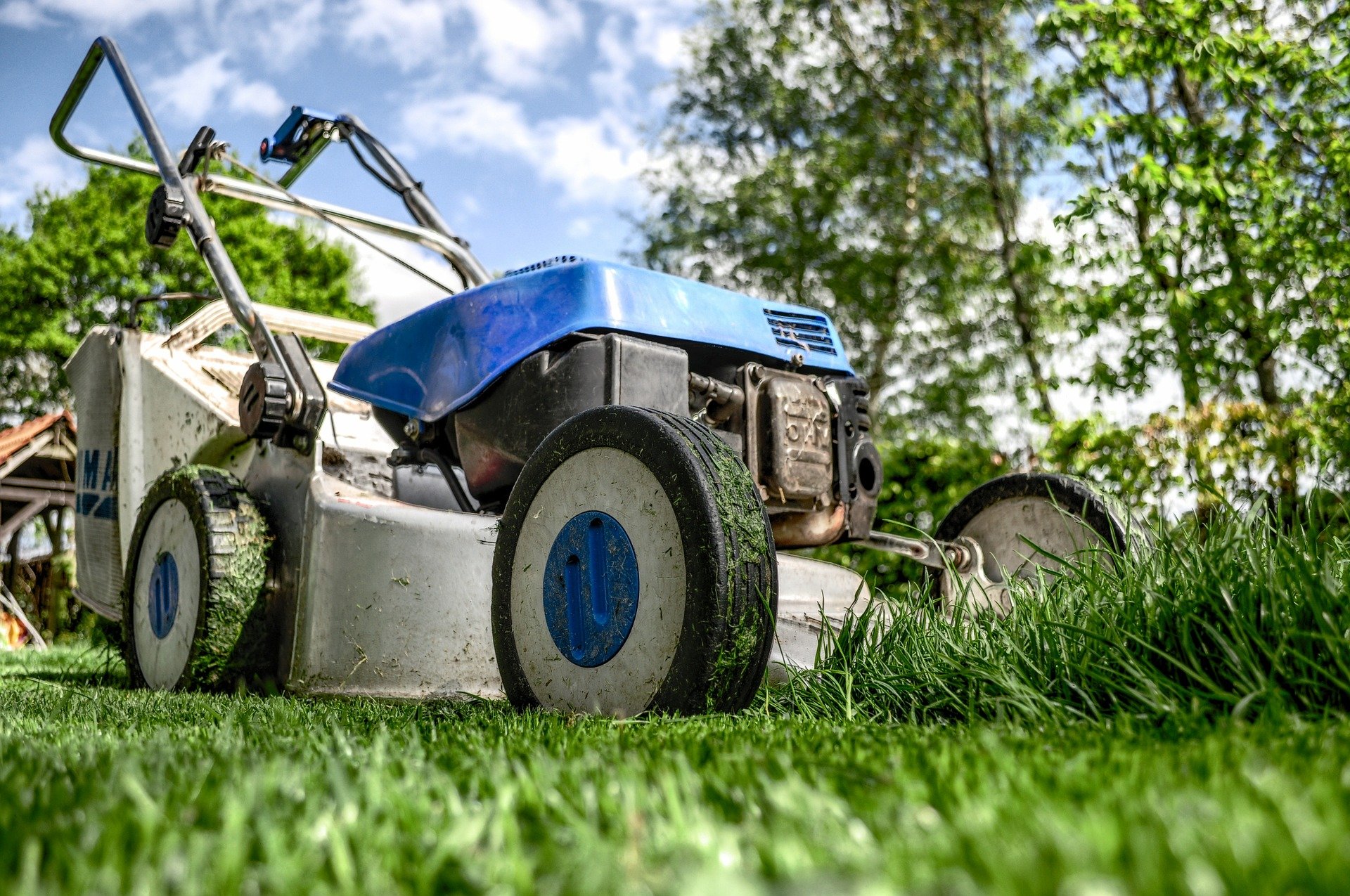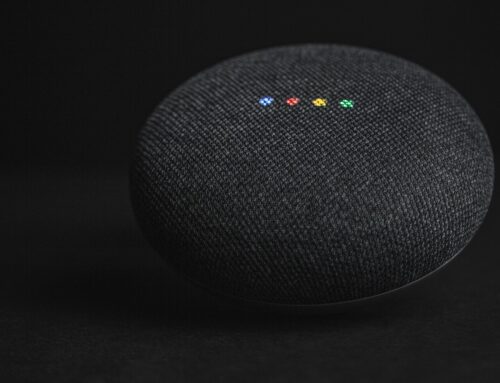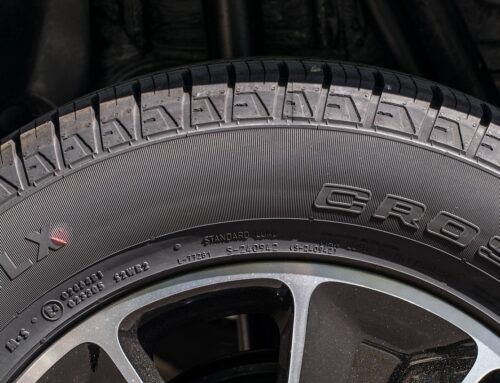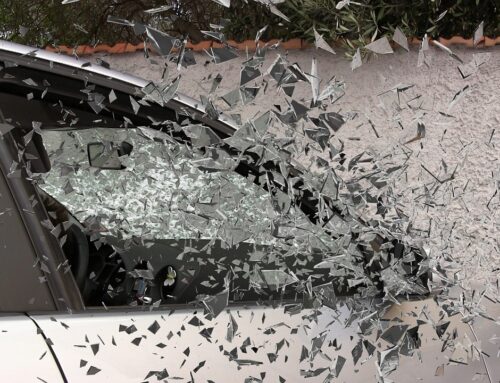We are surrounded by thousands of products every day. While most of the items we use in our daily life will be completely safe and do no harm, unfortunately there are occasions when a product causes injury to us or a member of our household. The body of law which protects you is product liability law. If you or a family member are injured by a lawfully purchased product, there are three possible ways which you may proceed with product liability claims.
The three types of product liability which may result in you receiving compensation are breach of warranty, negligence or strict liability. In this blog we will discuss the definition of each type of product liability case, as well as your options should you find yourself facing a lawsuit of this kind.

Breach of Warranty
Breach of warranty is based on contract law. In this case, the contract is between you, the consumer and the seller of the product. Sellers typically offer a warranty, a type of guarantee, for the products they sell. There are two types of warranties:
* An express warranty is a statement by the seller such as “this toothpaste will make your teeth gleaming white in 14 days.”
* An implied warranty is imposed on the seller by law. The two most common implied warranties are merchantability and fitness for a particular purpose. Merchantability indicates that the product will meet the reasonable expectations of consumers, such as an automobile coming equipped with 4 tires. A warranty for fitness for a particular purposes assumes that the product will perform the function for which it is intended. An example would be that a power drill should be able to drill holes in wood and concrete.
Breach of warranty is not often represented in product liability claims due to important limitations. First, breach of contract implies privity, or direct contact between the parties. This means the injured party can typically only sue the seller of the product, not the manufacturer or any other party involved in the product defect.
Negligence
Negligence is defined as a lack of ordinary care. If a company’s negligence causes a product to be defective, they can be held liable for the harm or injury caused. The negligent party may be the manufacturer of the product, the designer, distributor or anyone else who may be responsible.
This type of liability claim is frequently used as a basis for product liability claims. It is not constricted by the limitations of breach of warranty. With a negligence claim, any party whose careless behavior contributed to the product being the cause of the injury can be held liable, not just the seller of the product.
One problem with the negligence avenue is that sometimes it can be difficult to identify the exact person or parties who was responsible for the negligence. These claims often require a detailed investigation.
Strict Liability
Similar to a negligence claim, strict liability permits the injured party to seek compensation from whatever party was responsible for the product being defective.
However, unlike negligence, the injured person in not required to determine the exact party who failed to do their duty; only to prove that the product is both defective and unreasonably dangerous.
Any party in the chain of commerce can be liable under strict liability: The manufacturer, distributor, seller, component parts supplier. This allows the injured party a cheaper, more accessible route to compensation, especially if the manufacturer is located in a foreign country. The distributor or seller in the United States can be sued without requiring that the foreign manufacturer be brought in by the injured person.
What to Do Next
If you feel you have been injured and would like to speak with an expert about your case, call the Sarasota or Tampa based attorneys at Probinsky & Cole. We can help you to determine who is at fault, and guide you towards your rightful compensation.







